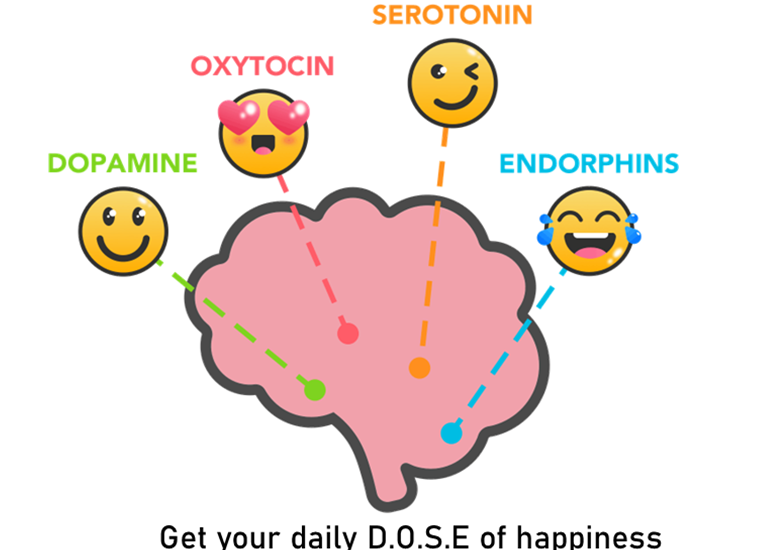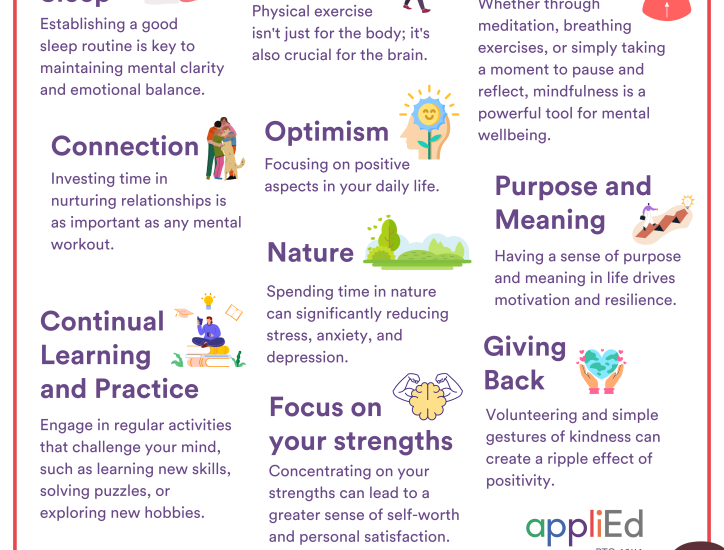How Exercise Boosts Mental Health and Reduces Stress
In today’s fast-paced world, stress and mental health issues have become increasingly prevalent. Whether it’s the pressures of work, relationships, or other responsibilities, many people are looking for ways to combat stress and improve their mental well-being. One effective solution that is often overlooked is exercise.
Physical Benefits of Exercise for Mental Health
Regular exercise has been shown to have numerous physical benefits that can also positively impact mental health. When you exercise, your body releases endorphins, which are chemicals that act as natural painkillers and mood elevators. This can help reduce feelings of anxiety and depression, and improve overall mental well-being.
Additionally, exercise can improve sleep quality, boost energy levels, and enhance immune function, all of which can contribute to better mental health. By maintaining a regular exercise routine, you can increase your resilience to stress and better cope with the challenges of daily life.
Psychological Benefits of Exercise for Mental Health
Exercise not only benefits the body, but also the mind. When you engage in physical activity, you are able to clear your mind and focus on the present moment. This can help reduce rumination and negative thought patterns that often contribute to stress and anxiety.
Furthermore, exercise can improve self-esteem and self-confidence, as you set and achieve fitness goals. This sense of accomplishment can boost your mood and provide a sense of control over your life, even in the face of stressors.
Types of Exercise That Are Beneficial for Mental Health
There are many types of exercise that can be beneficial for mental health. Aerobic exercise, such as running, cycling, and swimming, is known to be particularly effective in reducing anxiety and depression. Strength training can also have positive effects on mental health, as it can improve self-esteem and body image.
Yoga and mindfulness practices are another great option for those looking to improve their mental well-being. These practices focus on breath work, meditation, and body awareness, which can help reduce stress and promote relaxation.
How to Incorporate Exercise Into Your Routine
If you are looking to improve your mental health through exercise, it’s important to find an activity that you enjoy. Whether it’s going for a brisk walk, attending a group fitness class, or practicing yoga at home, the key is to find something that you look forward to and can stick with long-term.
Start by setting achievable goals for yourself and gradually increase the intensity and duration of your workouts. Remember that even small amounts of exercise can have a big impact on your mental health, so don’t feel pressured to do intense workouts every day.
Conclusion
Exercise is a powerful tool for improving mental health and reducing stress. By incorporating regular physical activity into your routine, you can benefit from the physical and psychological effects of exercise, leading to a healthier and happier mind.


